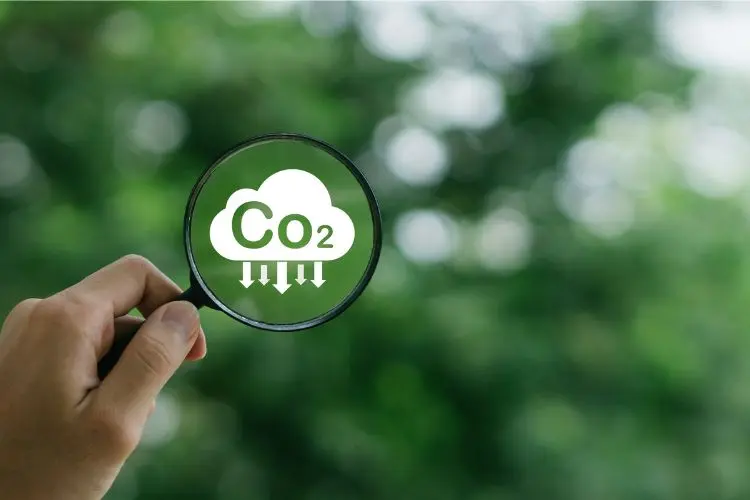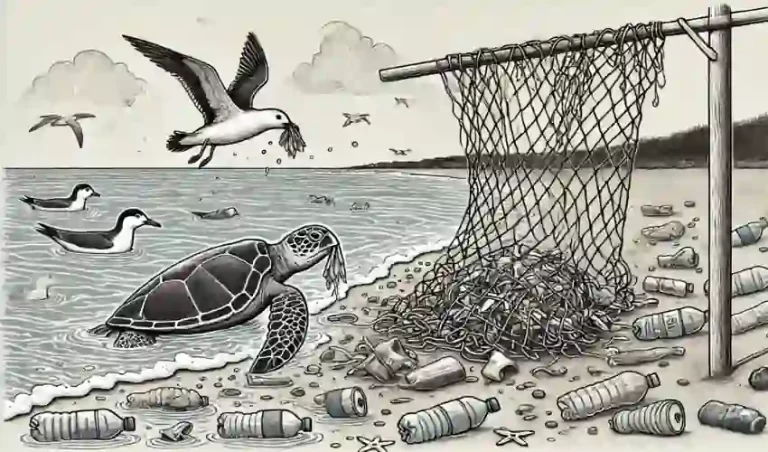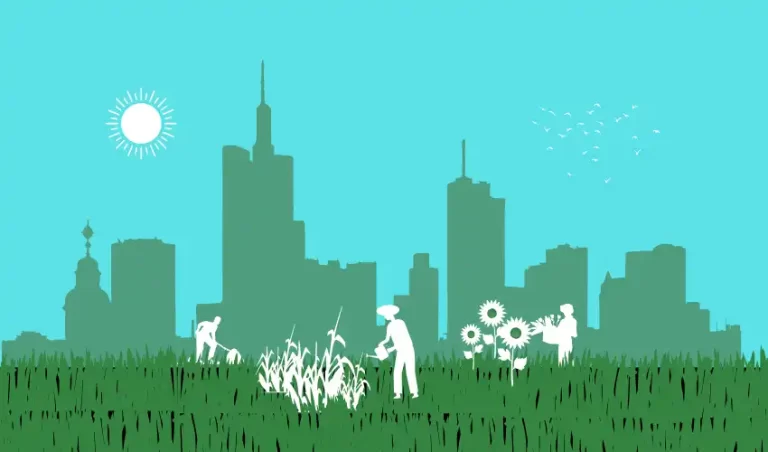Graduate Sustainability Jobs: Tips to Secure Your First Role
Newly graduated or looking towards your next steps once you do? Aiming to pursue a Sustainability or Climate related job next?
If you are, that’s great news, Sustainability jobs can be highly rewarding. However, securing starter roles can be very competitive.
To help you along, we’ve put together 12 key tips that will position you in the best place to get that first job and kick off your sustainability career!

1. Persistence and Patience are key
Stay Positive:
First off, it’s rare for someone to get the first graduate sustainability job they apply for, or even one of the first few you apply for! Sustainability is a competitive field.
Rejection is part of the process. Be sure to learn from each experience. This will ensure your application materials and interview skills progressively improve.
Keep Consistent:
Be sure to keep a track of job opportunities coming up and keep those applications coming. Keep track of applications you have submitted and follow up when appropriate.

2. Seek Practical Experience to Improve Your Chances
Managing to gain some practical work experience can prove hugely beneficial.
Having done so not only benefits your ability to apply the skills you have learn practically, but also shows you have initiative and a good work ethic.
Consider some of the below potential routes to gain experience:
Internships and work placements:
Look for internships in your field, even if they are unpaid.
They provide valuable experience and networking opportunities.
Volunteering:
Offer your skills to non-profits or businesses.
Identify those that you can apply you sustainability skills to and then get in touch.
It might seem a bit awkward to make this approach to start with, but take comfort in knowing this is probably something the business is used to. The worst they can say in no thanks!
Short-term Opportunities:
Taking on temporary or contract positions can provide valuable experience and sometimes lead to permanent roles.
Recruitment Agencies:
Consider registering with staffing agencies in your region that cover the Sustainability field.
They can help match you with temporary positions to boost experience and improve your chances of finding a permanent role .

3. Stay Informed About Your Industry
Professional Bodies:
Organisations, such as IEMA or The IES, are a great way to keep up to speed with developments in Sustainability.
Most professional bodies provide a range of membership levels, including graduate level. Membership provides you access to resources, networking opportunities, and sustainability job listings.
They can also help guide you on future potential career routes.
Industry News:
Subscribe to industry-specific newsletters, blogs, and journals. Good ones to know include Edie, Business Green and Carbon Brief.
We can also help keep you up-to-date with key updates and practical insights here at Greener Insights of course!

4. Developing Your Soft Skills
Communication:
Being able to write concisely, and speaking clearly and confidently are surprisingly rare skills. Develop these and it will show through in job applications, and in interview.
Consider joining public speaking club Toastmasters as a route to develop your speaking skills.
Teamwork:
Be prepared to participate in and talk about your experience with group projects.
Strong collaboration skills are vital in sustainability job roles. Success relies on being able to bring others onboard with recommendations and generate support for what can often be challenging actions to pursue.

5. Continue to Develop Your Technical Skills
Having a plan around continuous professional development (CPD) of your technical skills is important.
It helps to ensure you remain up to speed with developments in the field, and demonstrates to potential employees your ongoing motivation.
Two key routes to consider include:
Online Courses and Resources:
A bit of time on Google and you’ll find numerous webinars, courses and studies available to you, normally for free. The professional bodies we’ve already mentioned are a good source for these, as is YouTube.
Certifications:
Obtain industry-recognised certifications that can make you more attractive to employers. Again, you’ll find professional bodies will be offering such certifications.
Qualifications in areas such as project management will also prove valuable.

6. Be Realistic About Entry-Level Positions
You’ll have a great deal of knowledge coming off the back of graduation, but it takes experience to learn how to apply this knowledge practically in the working world.
Therefore you need to be realistic about what to expect when starting out.
Salaries for graduate sustainability jobs can be low to start, and responsibilities limited. But, everyone has to start somewhere! Take a positive outlook on what you can gain from each potential job role.
You’ll be surprised how often you can apply and develop you Sustainability knowledge once in a job. Keep a positive outlook and you’ll find there are many more job opportunities you can apply yourself to than a first look would suggest.

7. Leverage Social Media
Professional Presence:
Clean up your social media profiles to ensure they reflect a professional image.
Employers may candidates’ online presence, so make sure your image on social media is one you’d be comfortable with that potential employer seeing!
Engage in Industry Conversations:
Follow industry leaders, join relevant groups, and participate in discussions on platforms like LinkedIn and Facebook.
These can lead to finding out about job opportunities, and provide useful knowledge to draw on in interviews.

8. Tailoring Your CV and Cover Letter
The CV:
Highlight specific skills and experiences that match the job description. Be sure to incorporate keywords from the job listing into your CV in order to pass through initial applicant review systems.
Cover Letter:
First of all, make sure you cover the points the employer is looking for. If they have listed key skills, then make sure to actually give examples of having these skills.
Besides that, make sure you clearly explain why you’re interested in the role and how your background makes you an ideal candidate. Again, use examples whenever possible.
Cultural Fit:
Look for companies whose values and work environment align with your own, reviewing their website and social media profiles for insight. This will help you match your CV and cover letter content with a potential employer’s outlook.
Websites like Glassdoor can also provide insights into company cultures.
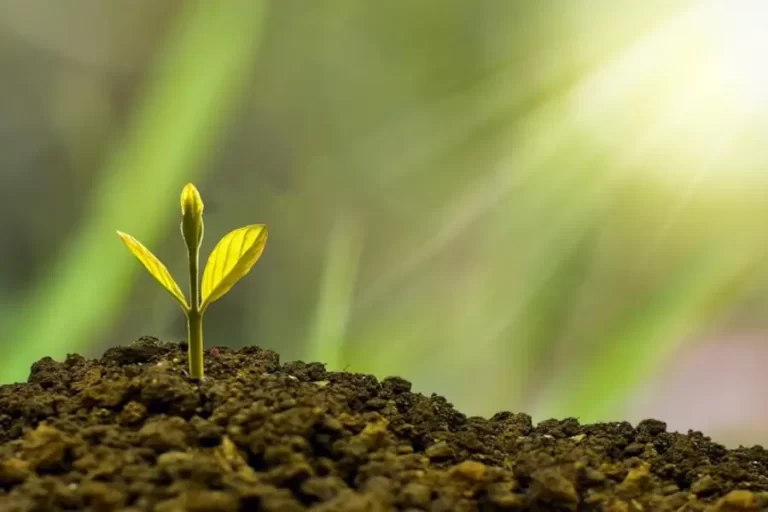
9. Preparing for Interviews
Research:
Understanding the company’s mission, values, products, and recent news is vital.
This knowledge will help you tailor your responses and demonstrate genuine interest and thought about the benefit you can bring to the company.
Practice:
Its worth considering roleplaying through mock interviews. Often your university careers service can support you with this, and there’s the option of friends and family helping out.
The aim is to become comfortable explaining your background and skills in a professional manner. The more you practice, the less likely you are to become nervous in actual interviews.
Questions for Interviewer:
Always have questions for the interviewer. These can be about the role, the organisation and development opportunities.
They will always ask if you have any questions at the end of the interview.
It might be that you ask your questions along the way during conversation, in which case its fine to say we’ve covered all the questions I had when you get to the end.
The point is you should show interest and demonstrate you’ve been proactively been thinking about how you would fit into the role.
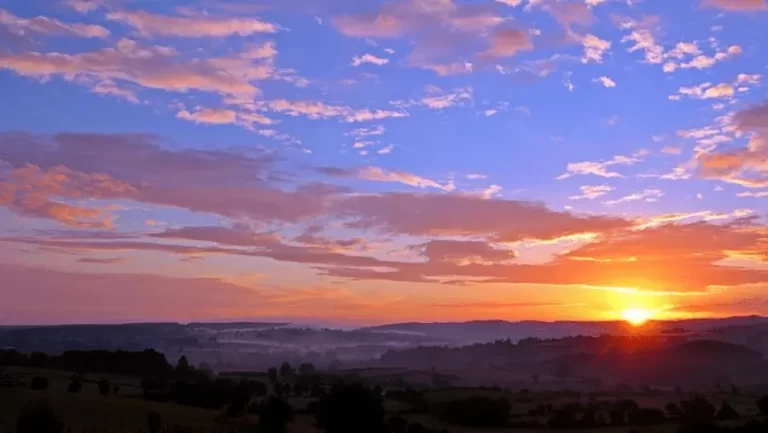
10. Follow Up After Interviews
After the interview, consider sending a follow-up email to express continued interest in the position if you’ve not heard back by the point you were expecting.
If you are unsuccessful then its worth following up for feedback.
Negative feedback can be tough to take, but it will make you a whole lot more prepared for the next interview.

11. Network Building
Professional Networks:
Make use of professional bodies, connect with professionals on LinkedIn, and consider joining relevant online groups or forums.
Conferences:
You’ll find there are loads of free conferences out there that you can attend. Here you can chat with plenty of people already working in Sustainability, as well as gain some extra knowledge through seminars .
In the UK, conferences such as EMEX, Net Zero Festival and Innovate Zero are just a few examples. There are others, both in the UK and internationally, that you’ll find searching on Google.
Job opportunities can come about by luck, being in the right place at the right time. Conferences are one of the places you might chance upon these opportunities.
12. Utilise University Career Services
Whilst you have access to it, make sure to take advantage of your university careers service. They will normally provide career counselling, helping you to develop some clarity on the sort of jobs you want to look for.
These services are also normally great for application and interview workshopping, as well as a potential route to work placements that can boost the experience you have.

A Rewarding Future in a Growing Field
Working in Sustainability is a great career to pursue. As the challenges of areas such as Climate Change, Energy Management and Biodiversity continue to grow, so does the demands for Sustainability professionals to fill jobs.
Getting your first graduate sustainability job is challenging and won’t necessarily be ‘the dream job’. But, take on board the tips we’ve outline here and you will eventually get an opportunity.
Once you do you’ll find it’s a career path that can develop quickly and provide a rewarding future for you.
To help you along, check out our update on the Sustainability Career Trends for 2024.



